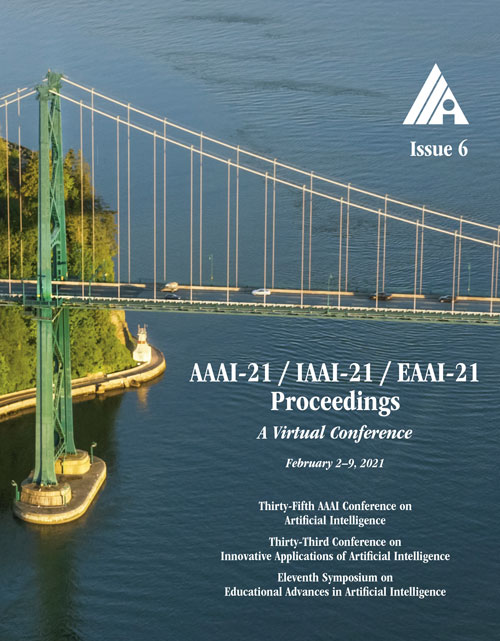Fair and Efficient Allocations under Lexicographic Preferences
DOI:
https://doi.org/10.1609/aaai.v35i6.16689Keywords:
Fair Division, Social Choice / Voting, Mechanism DesignAbstract
Envy-freeness up to any good (EFX) provides a strong and intuitive guarantee of fairness in the allocation of indivisible goods. But whether such allocations always exist or whether they can be efficiently computed remains an important open question. We study the existence and computation of EFX in conjunction with various other economic properties under lexicographic preferences--a well-studied preference restriction model in artificial intelligence and economics. In sharp contrast to the known results for additive valuations, we not only prove the existence of EFX and Pareto optimal allocations, but in fact provide an algorithmic characterization of these two properties. We also characterize the mechanisms that are, in addition, strategyproof, non-bossy, and neutral. When the efficiency notion is strengthened to rank-maximality, we obtain non-existence and computational hardness results, and show that tractability can be restored when EFX is relaxed to another well-studied fairness notion called maximin share guarantee (MMS).Downloads
Published
2021-05-18
How to Cite
Hosseini, H., Sikdar, S., Vaish, R., & Xia, L. (2021). Fair and Efficient Allocations under Lexicographic Preferences. Proceedings of the AAAI Conference on Artificial Intelligence, 35(6), 5472-5480. https://doi.org/10.1609/aaai.v35i6.16689
Issue
Section
AAAI Technical Track on Game Theory and Economic Paradigms

